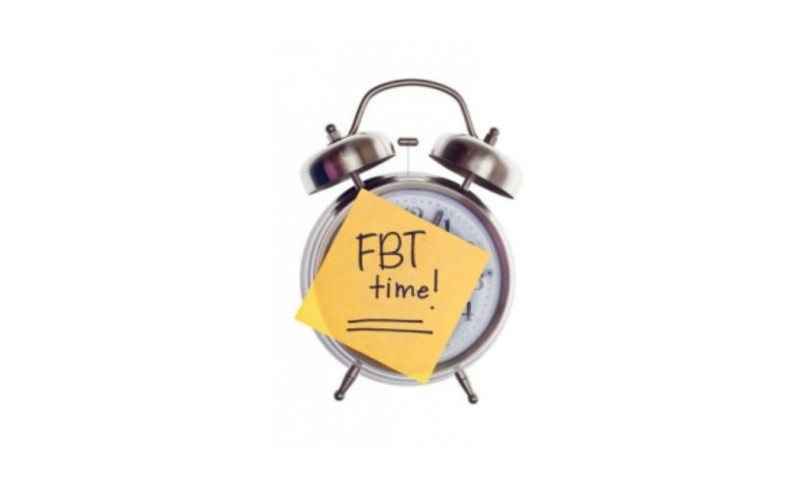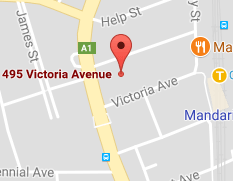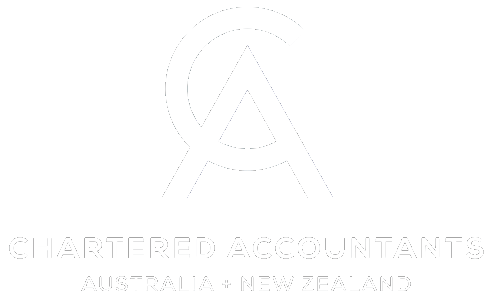
The Tax Office has earmarked home office expenses as a key focus area this tax time, citing a lack of education contributing to a high amount of mistakes, errors, and questionable claims.
According to the ATO a record $7.9 billion in deductions for ‘other work-related expenses’ were claimed by 6.7 million taxpayers last year, with the Tax Office noticing a rise in expenses related to working from home. With increasing numbers of employees working from home, extra costs related to home office could be deductible, but the ATO advise they are seeing some taxpayers either over-claiming and/or claiming private expenses which are not tax deductible.
They cite increasing evidence that many taxpayers don’t know what they can and cannot claim. In particular, they are seeing some taxpayers claiming expenses they never paid for, expenses their employer reimbursed, private expenses and expenses with no supporting records. While acknowledging that costs incurred as a direct result of working from home can be legitimately claimed, the ATO have noticed taxpayers making claims for all sorts of private expenses.
Apparently a very common issue is people claiming the entire amount of an expense (like their internet or mobile phone), not just the extra part related to their work. An ATO spokesperson advises “If working from home means sitting in front of the TV or at the kitchen table doing some emails, it’s unlikely that you are incurring any additional expenses. However, if you have a separate work area, then you can claim the work-related portion of running expenses for that space. Employees cannot generally claim occupancy-related expenses like rent, mortgage repayments, property insurance, land taxes and rates.”
The ATO have revealed that over $53 million in errors had been corrected in the first two months of tax time in 2018, stemming from “simple mistakes” such as not declaring all income or over-claiming deductions. If you are unsure about what you might be able to claim please contact our office to discuss further.






